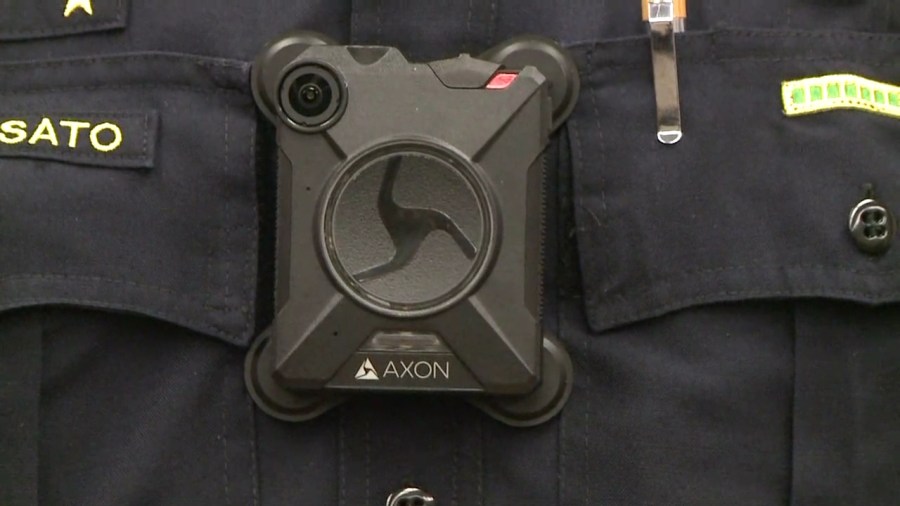HONOLULU (KHON2) — The Honolulu Police Department is looking into using artificial intelligence in their body-worn cameras to help transcribe and write their reports.
Interim chief Rade Vanic broached the topic in a Police Commission meeting on Wednesday, Oct. 15, and said the technology would greatly cut down on the time officers spend typing out reports.
Vanic added that the technology will not do all of the work for the officers, and it would be used in cases like vehicle break-ins where there is no clear suspect.
“No suspect, right, something that happened overnight, 50% of officers’ cases that they respond to are those types of cases, so it takes up a lot of time. An officer takes that report, they sit on the side of the road and literally they’re typing that report, it could take 30-40 minutes to write that report,” he said.
HPD’s current body-worn camera vendor has a product that allows for artificial intelligence, according to Vanic.
“Both audio and visual to see what the officer is seeing and hearing, take that information and generate a police report,” he said. “They still have to enter headings, they still have to have human input, not just completely, ‘That’s your report.’ It’s just they wouldn’t have to write it from scratch.”
“Officers would have to learn how to prompt certain things, so, ‘Now I’m talking to the complainant, he or she is saying that.’ So that there’s audio prompts to get the AI to learn certain things,” he said.
Vanic said HPD still needs community input and advising with stakeholders to come up with an artificial intelligence policy, but he hopes to have a pilot project up and running by early 2026.
The State of Hawaii Organization of Police Officers (SHOPO) president had some reservations and released the following statement:
“Rushing in to change the way that police evidence is handled is an incredibly reckless decision that puts prosecutions at risk, officers’ jobs in jeopardy, and our department’s reputation on the line. The undisputed truth is that AI makes factual errors—all the time. A police report influenced by AI is every criminal defense attorney’s dream.
As officers, we take an oath that every report we write, no matter how trivial it might seem, is 100 percent accurate to the best of our ability, and we are held strictly accountable to that standard. All police reports are deemed important as they relate to the truth. The same is not true for AI.
This push to use AI to influence the handling of police evidence should not be done in the dark. It needs sunshine. It needs public review. We should be looking at multiple technology providers, not just one, because they’re already a vendor and they’re offering us a free sample. And there must be an accountability system for all parties involved before we even start the conversation. Anything else is a recipe for disaster.”
Nick Schlapak, SHOPO President
